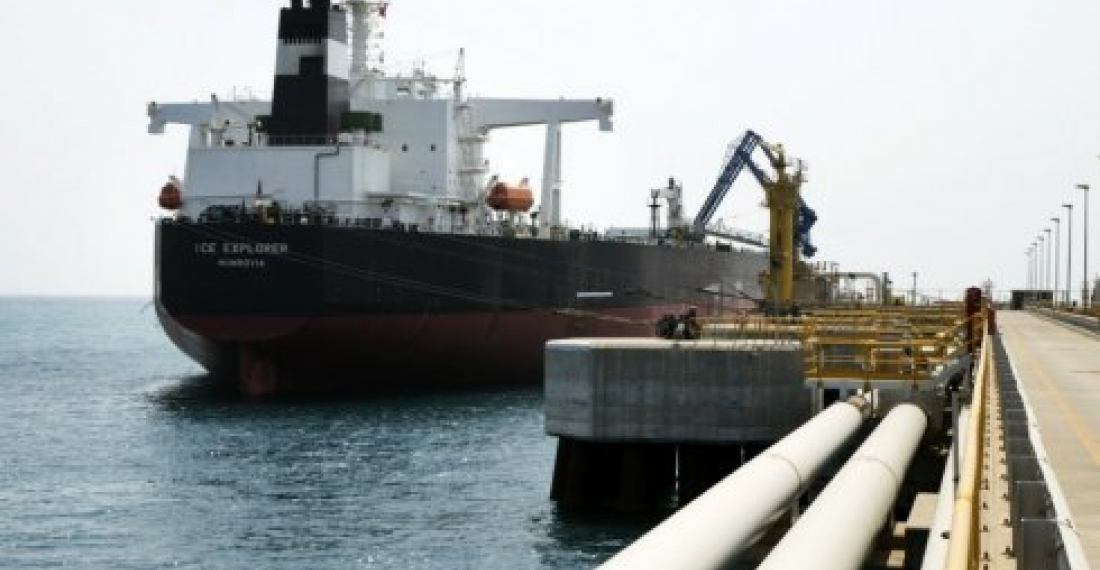The oil giant, BP, has announced that the 3 billionth barrel of oil has now passed tyhrough the Baku-Tbilisi-Ceyhan pipeline. "For the past 12 years BTC has been carrying hydrocarbons from the Caspian to its global customers safely, silently, reliably, unseen and with minimum risk", the company said on its website on Monday (16 July)
"Starting from the construction phase BTC has made a positive difference by bringing significant benefits to the region, by avoiding the Turkish Straits, it helps relieve the inevitable growth in oil related traffic and associated environmental risks, while creating substantial revenues for the transit countries, and continues to help strengthen economic and political links between Azerbaijan, Georgia, Turkey and the West. To date BTC has had strong safety and operational performance. Its efficiency and operational reliability has increased from 75% at the start up to the current level of 99.9%", the company said.
The 1768km BTC pipeline has a throughput capacity 1.2 million barrels of oil a day and enables oil to be exported safely and responsibly from the Caspian without increasing tanker traffic through the already crowded Turkish Straits.
The pipeline uses 46/42/34" diameter pipe. It has eight pump stations and 98 valve stations across the three transit countries. The pipeline crosses several mountain ranges climbing to a high point of 2,830 metres before returning to sea level at Ceyhan, 3,000 roads, railways, and utility lines - both overground and underground - and more than 1,500 watercourses up to 500 metres wide in the case of the Ceyhan River in Turkey.
Considered as one of the biggest and most complex engineering endevours of its time in the world, BTC's construction took four years to complete - it was sanctioned in July 2002 and was completed in May 2006. The construction activities involved 22,000 people at the peak (of which almost 80% were national employees), with more than 110 million man-hours spent, more than 200 million kilometers driven - equivalent to driving 10 times around the world, and 220,000 joints of pipe welded together.
However, BTC is not simply an engineering achievement. Commonspace.eu political editor said in a comment that "in many ways BTC has been a game-changer in the South Caucasus. It has made the region an important player in the quest to provide Europe with energy security, and for the first time, it has integrated the South Caucasus to the economies of Europe. BTC has considerably lessened the dependence of the South Caucasus on Russia, and its potential to change the geo-politics of the region is still not fully exhausted."
source: commonspace.eu with BP






